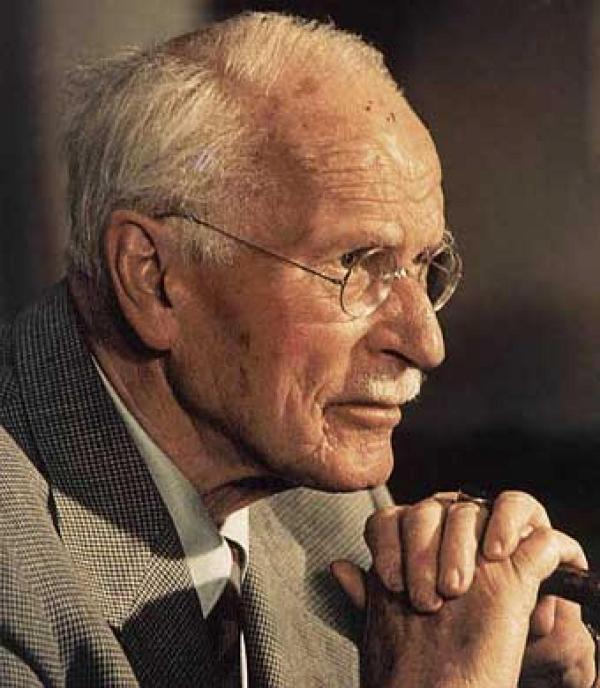
The present essay looks for evidence of many points of coincidence between the transpersonal psychotherapy of Stanislav Grof and the theoretical elaborations of Carl Gustav Jung; it could even be said that Grof's theoretical work is a continuation of some aspects of Jung's work. In any case, when one reads Grof's work, the influence that it has received from the work of the Swiss psychiatrist is evident, and Grof himself recognizes the valuable contribution that Jung has made to his own work. In reading Grof's books, it can be recognized that the author constantly resorts to notions and theoretical elaborations on the structure and functioning of the psyche that have been initially addressed by Jung. It will be reviewed how Grof ventures into the exploration of expanded states of consciousness from the notions of Jung's notions of complex psychology.
The most relevant points of coincidence between the work of C.G. Jung and Stanislav Grof will be reviewed, and an attempt will be made to review some key concepts of Jung's work, and to understand how they have been integrated into Grof's psychotherapy. In order to do so, an attempt will be made to review some key concepts of Jung's work, and to understand how they have been integrated into Grof's psychotherapy.
It must be admitted that the work of the Swiss psychiatrist Carl Gustav Jung has not yet been fully understood and assimilated by the existing studies and research in the field of contemporary psychology. As stated by Sánchez (1961) "Jung's work is simply gigantic in volume, significance and content" (p. 121). It could even be said that some of Jung's concepts, notions and postulates are often misinterpreted due to their complexity and the depth of the topics he addressed. Quiroga (2015) says that Jung's work is "complex, very broad, variegated, sometimes contradictory and difficult to access for the Spanish reader" (p. 6), and mentions that Jung is little studied in Spanish and that little is known about his important and advanced contributions to the field of psychology. Because Jung was very interested throughout his career in subjects related to various philosophical currents of the East and West, to the mythology of various peoples, to comparative religions, to the study of occultism and mysticism, he has often been associated with the new age current; however, all of Jung's postulates start from an empirical and phenomenological perspective, the phenomenology of the psyche.